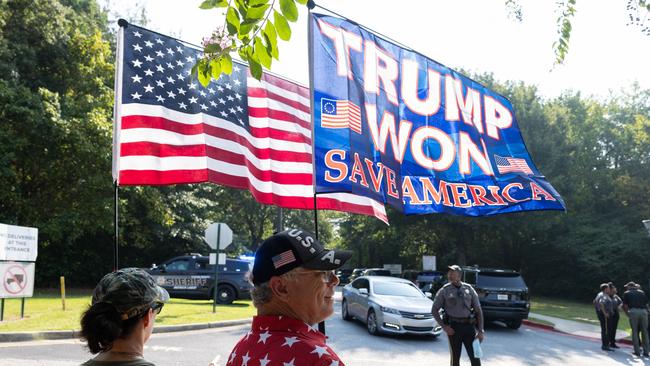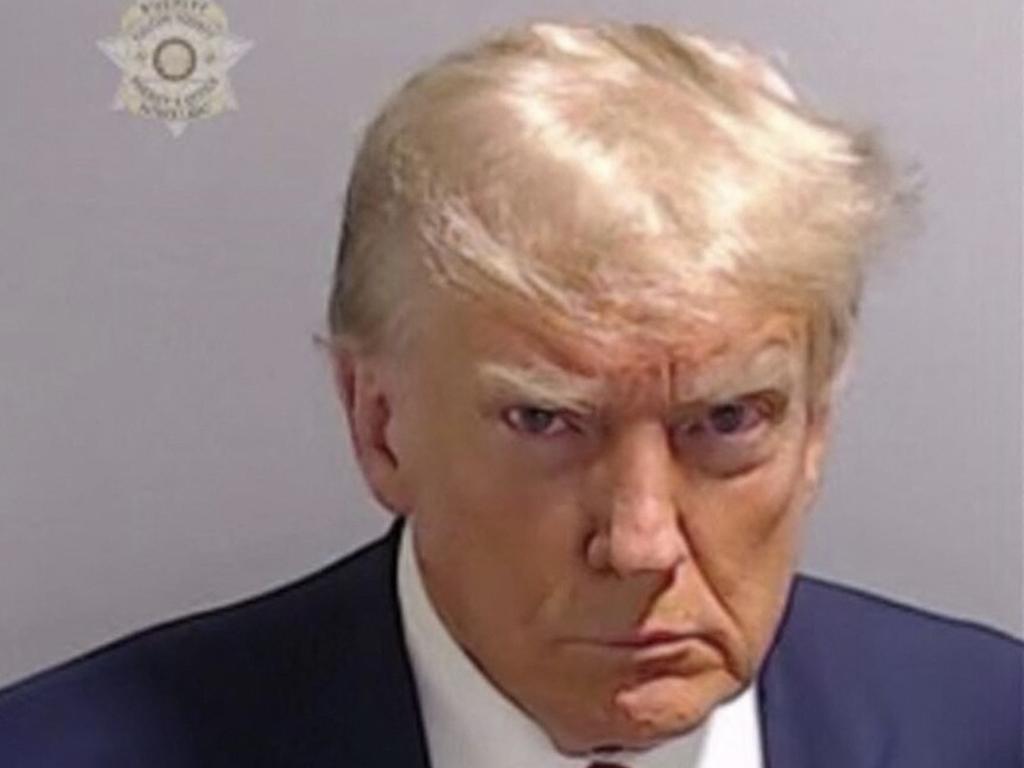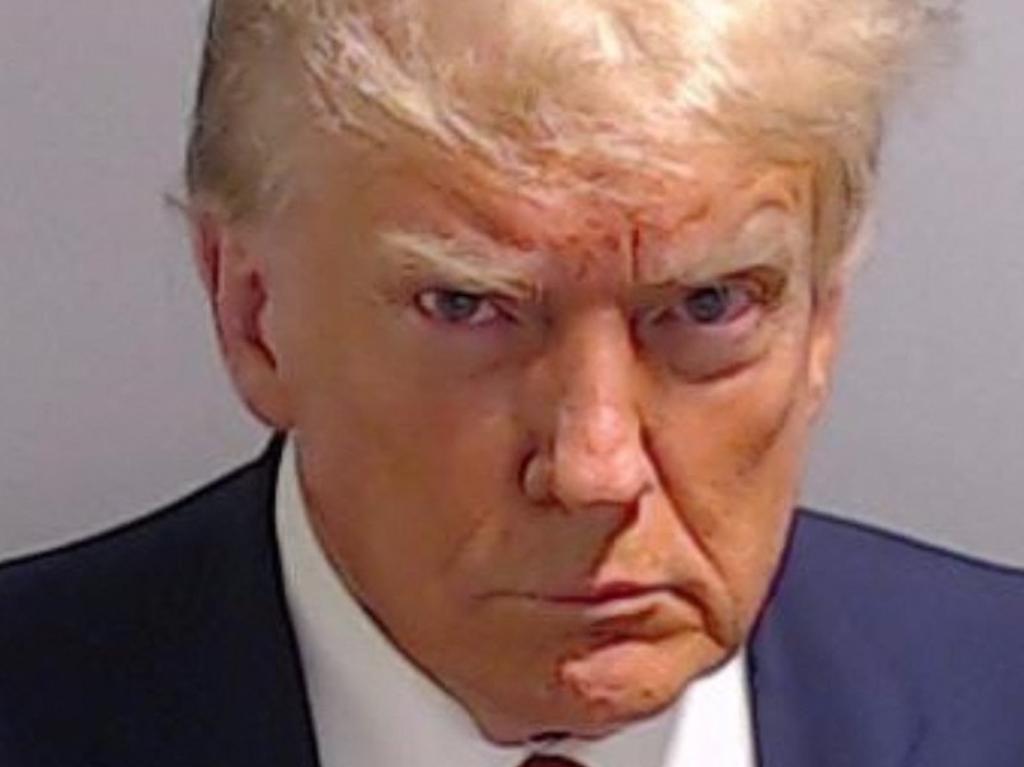
Mr Trump has been indicted four times, but the first case to be resolved might be the one involving his 2020 election subversion. On Monday the judge overseeing that prosecution pencilled in a trial date: March 4. Super Tuesday is March 5, with more than a dozen states scheduled to vote for presidential nominees. “My primary concern here,” District Judge Tanya Chutkan said, “is the interest of justice.”
It’s all well and good to argue that nobody is above the law, and a criminal defendant’s business or personal obligations don’t determine his trial schedule. Yet whatever happens in Judge Chutkan’s courtroom, including her decision about when it happens, is bound to affect the 2024 presidential election. This is a matter of judgment, and it won’t do to pretend that the courtroom is hermetically sealed.
Federal prosecutors asked for a Jan. 2 trial date, two weeks before Iowa kicks off the 2024 voting with its Jan. 15 caucuses. Mr Trump countered that this date was too soon to be fair, with one of his lawyers calling it “a request for a show trial.” His legal team asked for the trial to begin no earlier than April 2026, by which point Mr. Trump intends to be back in the Oval Office with a new Attorney-General and possession of the pardon pen.
What a spectacular mess. Mr Trump made himself legally vulnerable with his terrible behaviour, but the timing of the 2020 election case is the Justice Department’s doing.

Special counsel Jack Smith finally moved to secure an indictment two and a half years after the alleged conduct and less than six months before the 2024 primaries begin. We’ve argued that the better part of prosecutorial valour was to let voters settle the issue of Mr. Trump’s culpability. Once Mr. Smith decided to indict, however, there was never going to be an opportune day to put Mr. Trump on trial.
The March 4 choice means that at least some Republican voters from early and Super Tuesday states will probably see their ballots as a chance to protest what they view as unfair treatment of Mr. Trump. Voting for him will be their way of giving the establishment the middle finger. Mr Trump might have the GOP nomination sewn up before a verdict arrives and voters learn whether he’s a convicted felon. This would certainly delight Democrats.
Perhaps Mr. Trump’s legal team will find ways to delay the trial from March 4. Or maybe the prosecution will come up short in court. We’ve pointed out Mr. Trump’s likely defence that he had absolute immunity for actions taken in the course of his presidential duties. The press continues mostly to miss that argument, other than the occasional attempt at refutation. It isn’t impossible to imagine the question eventually going to the Supreme Court.

But the stubborn fact for Republicans, even those fond of Mr. Trump, is that his legal risks are political risks for the GOP. The next federal case, set for a May 20 trial in Florida, involves allegations that Mr. Trump squirrelled away national secrets and then tried to delete Mar-a-Lago security tapes to cover it up. Most analysts say that’s the strongest indictment.
It’s incumbent on Mr. Trump’s Republican opponents to make the case directly to GOP voters that they shouldn’t roll the dice. The way to restore impartial justice is to nominate a candidate who can beat an ageing and politically vulnerable President Biden.
Sending Mr. Trump to a 2024 rematch he is likely to lose among independent voters and many Republicans would accomplish nothing. It would be a strange and self-destructive catharsis for Republicans to try to “own the libs” by making Mr. Biden’s re-election easier.
The Wall Street Journal








When Donald Trump won the Republican presidential nomination in 2016, he spent Super Tuesday barnstorming Columbus, Ohio, and Louisville, Ky., holding his signature rallies. Next year Mr. Trump might be stuck in a defendant’s chair at the federal courthouse in Washington, D.C., and how the public will respond is anybody’s guess.